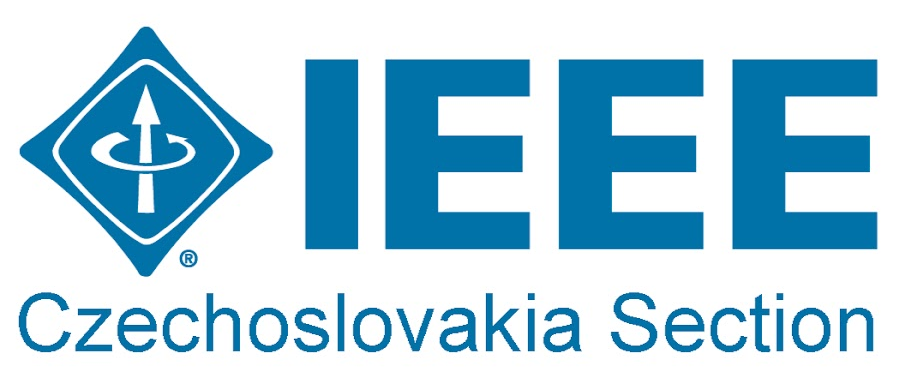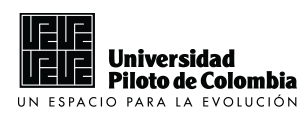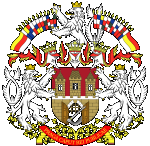Towards Human-Centric, Smart and Liveable Cities:
Understanding Travellers’ Mode Choice and Perceived Value of Travel Time
The proposed workshop, jointly organised by the projects ”Mobility and Time Value“ (MoTiV) and “Smart City - Smart Region - Smart Community” (SMART), addresses the special focus of SCSP 2019 on people’s travel behaviour and their selection of travel activities in urban contexts. The workshop aims to further advance recent trends in research and innovation to better understand and support travellers’ decisions concerning mode choice, travel activities and their use of time while on the move. Apart from its potential academic contribution, this knowledge is relevant to policy-makers and mobility solution developers to grapple with the rapid changes taking place in the mobility sector, while at the same time keeping track on longer term objectives regarding the development of human-centric, smart and liveable cities. This can have a significant influence on the usage of alternative travel modes and thus the entire quality of life and ecology in a city.
The workshop, organised within the context of SCSP 2019, is open to registered conference participants as well as to additional young researchers and practitioners with an interest in these topics.
Background
The future of mobility is changing as cities become more densely populated and must cope with evolving mobility needs. In addition to meet sustainable development goals, often expressed in terms of higher efficiency, smart cities should also develop based on people’s needs, attitudes and preferences. By meeting these criteria, smart cities are perceived as liveable environments supporting not only productivity, but also enjoyment and well-being. These general goals apply to the transport and mobility context, which is one of the key pillars of smart cities.
By collecting data on people’s mobility behaviours, it is possible to identify and extract patterns about how people plan their mobility, where and when people move around the city, and how they move. Additionally, recent advances in studying mobility behaviours (e.g., data collection through smartphone apps) also allow capturing data on activities done while travelling, as well as factors enhancing or degrading the travel experience. Taken together, this information allows to determine the perceived value of travel time. This knowledge, expressed by citizens in a bottom-up fashion, enables policy-makers and private actors to optimise decisions and investments for the development of smart and liveable cities. Hence, by understanding the link between travellers’ attitudes, perceived values and behaviour, as well as drivers and barriers for smart mobility, transport systems could be improved, putting the traveller perspective centre stage. Among others, this approach would support implementing gender-sensitive and inclusive design of future mobility services and transport infrastructure (e.g., Mobility as a Service, Connected and Automated Driving).
This participatory approach to decision-making (i.e., enabling citizens to provide feedback on their attitudes, satisfaction, and expectations concerning smart and liveable cities) would broaden the scope of traditional approaches regarding activity-based travel demand modelling.
Workshop Objective and Format
The objective of this workshop is to illustrate how an in-depth understanding of travel behaviour would allow the development of human-centric, smart and liveable cities. The workshop will present approaches and results from European projects pursuing, in complementary ways, this ambitious goal.
The proposed workshop has a duration of 2 hours and it is organised around two parts. During the first part, representatives from selected projects (H2020 MoTiV1 and SMART2 ) will set the stage by presenting ongoing relevant trends in this research and innovation area. These trends will be also illustrated by representatives of the public and the private sector. The second part of the workshop will be interactive: participants will engage with the speakers and the moderator in an open panel discussion based on a structured instant survey (e.g., Mentimeter survey ) touching key research issues covered in the presentations of the two projects.
Workshop Programme (Draft)
Date: 24.5.2019, 1pm
Part 1 – 60 minutes
- Opening by workshop moderator – 10 minutes
- Speaker 1: representative of the H2020 MoTiV project – 15 minutes
- Speaker 2: representative of the SMART project – 15 minutes
- Speaker 3: representative of the public sector (policy-makers) – 10 minutes
- Speaker 4: representative of the private sector (smart cities solutions) – 10 minutes
Part 2 – 60 minutes
- Open Panel Discussion “Extracting actionable knowledge from travellers’ attitudes, perceived values and behaviour in mobility: challenges, opportunities, and future directions” (Moderator, 4 speakers, engagement of the audience through instant survey).
[1] H2020 project „Mobility and Time Value“ (MoTiV): https://motivproject.eu
[2] Project Smart City - Smart Region - Smart Community (SMART), http://smart-mateq.cz/projekty/projekty-smart/smart-iti/
[3] https://www.mentimeter.com















